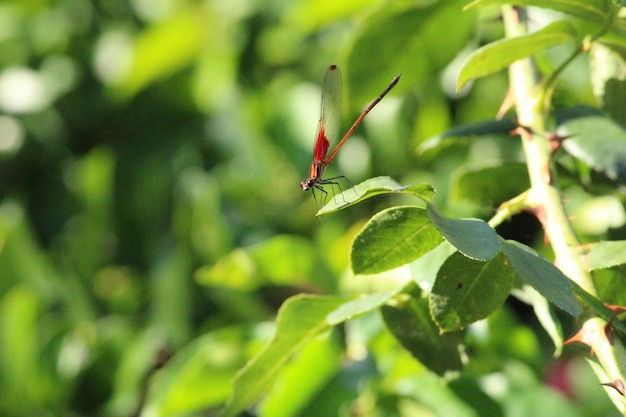
Gardening is a fantastic way to save some cash while enjoying super fresh food, but it does come with a few headaches. Issues like dealing with pests and getting the watering just right can be tricky, especially if you’re opting for organic methods to skip synthetic pesticides. Thankfully, several natural pesticide alternatives are kinder to your body and the environment.
You can tackle garden pests without turning to harmful chemicals. Using methods like companion planting, proper plant spacing, and natural pest control can keep your garden healthy. Chemical pesticides often bring an array of problems. Exposure can lead to anything from skin irritation to breathing issues, and in extreme cases, even death. Even without immediate side effects, these chemicals end up in the food we eat and leach into our soil and water systems.
Many organic gardeners simply replace synthetic pesticides with organic ones, but it’s essential to consider the big picture. Your backyard garden is part of a larger ecosystem. Some insects, like pollinators and ladybugs, are beneficial, and you’ll want to keep them around. Unfortunately, even botanical insecticides can harm these good bugs.
Before reaching for natural insecticides, try these tips. Controlling garden pests is possible, but I won’t lie—it takes effort. There’s nothing more disheartening than finding your cabbages chewed to bits overnight. Spend about five minutes each day inspecting your garden. Check the leaves, look under them, and examine the soil for signs of pests like eggs, larvae, or munching damage.
If you spot any issues, take action right away. For those truly committed to organic gardening, this could mean hand-picking bugs. Personally, I find the soapy water method effective. Remove any adult bugs or larvae, or detach leaves with eggs, and drop them into a bucket of soapy water.
Hand-picking isn’t practical for large infestations, but by following these organic pest control measures, you can often prevent serious outbreaks. Frequent inspection helps you act before things get out of hand.
Companion planting is a great strategy. Some plants naturally help others grow and repel pests when placed nearby. This method increases garden productivity and maximizes space. There are many companion plants you can explore.
If you’ve already planted but are facing pest problems, consider crafting homemade insecticides. Diatomaceous earth is a versatile option for treating insect pests. Just use it carefully as it doesn’t discriminate between pests and beneficial insects. It’s especially effective on slugs, snails, fleas, and larvae. Sprinkle it on plants and reapply after watering or rain. I prefer food-grade DE for indoor pests like ants and as a human and animal parasite cleanser.
Another solution is spraying soapy water on the pests. Avoid dish soap, as it can be harmful to plants, and opt for pure castile soap. Castile soap with peppermint essential oil can further deter pests. Test a small section before covering entire plants as some, like beans and cucumbers, may not respond well to soap spray.
For more convenience, garden centers offer organic pesticides like neem oil sprays. Derived from the neem tree, neem oil has long been used for pest control and as a fungicide. It’s biodegradable and safe for birds and pollinators. The most affordable option is to buy it concentrated and mix with water.
Another option is pyrethrum spray, a potent pesticide from chrysanthemum flowers. While natural pyrethrum is used in organic gardening, newer synthetic versions can be more toxic and persistent in the environment, so there are safer options available.
Growing strong plants can naturally deter unwanted pests. Healthy plants are crucial for a successful garden. Row covers are another great way to protect your crops. These fabric covers block pests while allowing light and water to reach your plants. They’re particularly useful for crops like potatoes, squash, and cabbage, helping keep caterpillars, moths, and worms at bay.
Gardening without toxic pesticides might take a bit more effort and planning, but it’s definitely doable. Being observant and proactive ensures pests don’t take over. The delicious (and healthy) food you’ll grow makes the extra work worthwhile!
Do you garden organically? What are some of your go-to strategies for managing garden pests?

